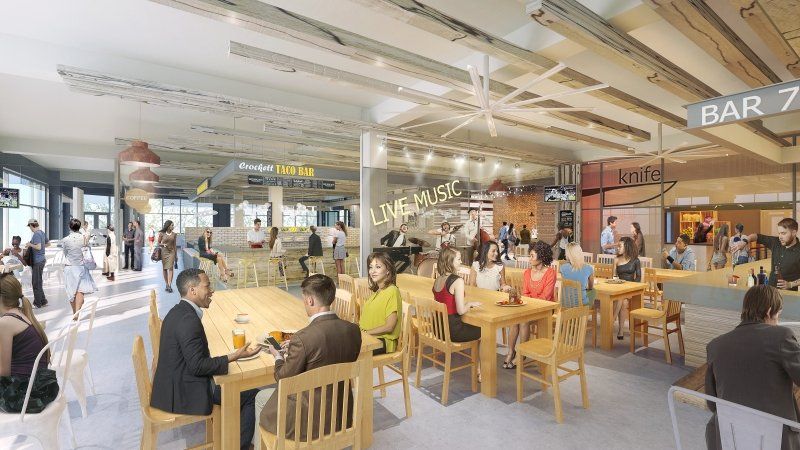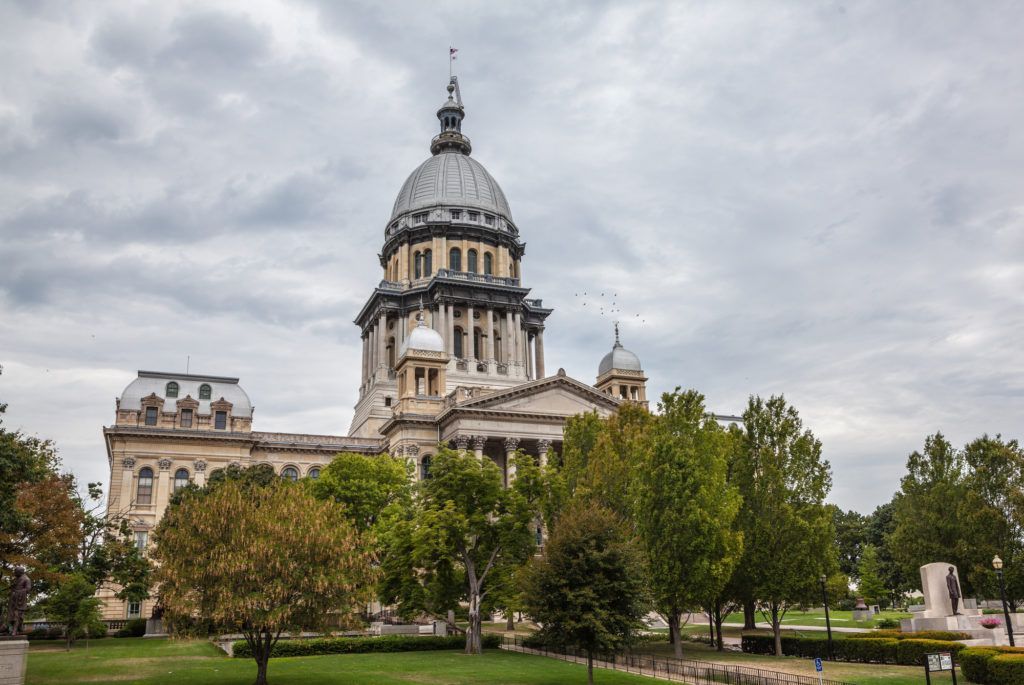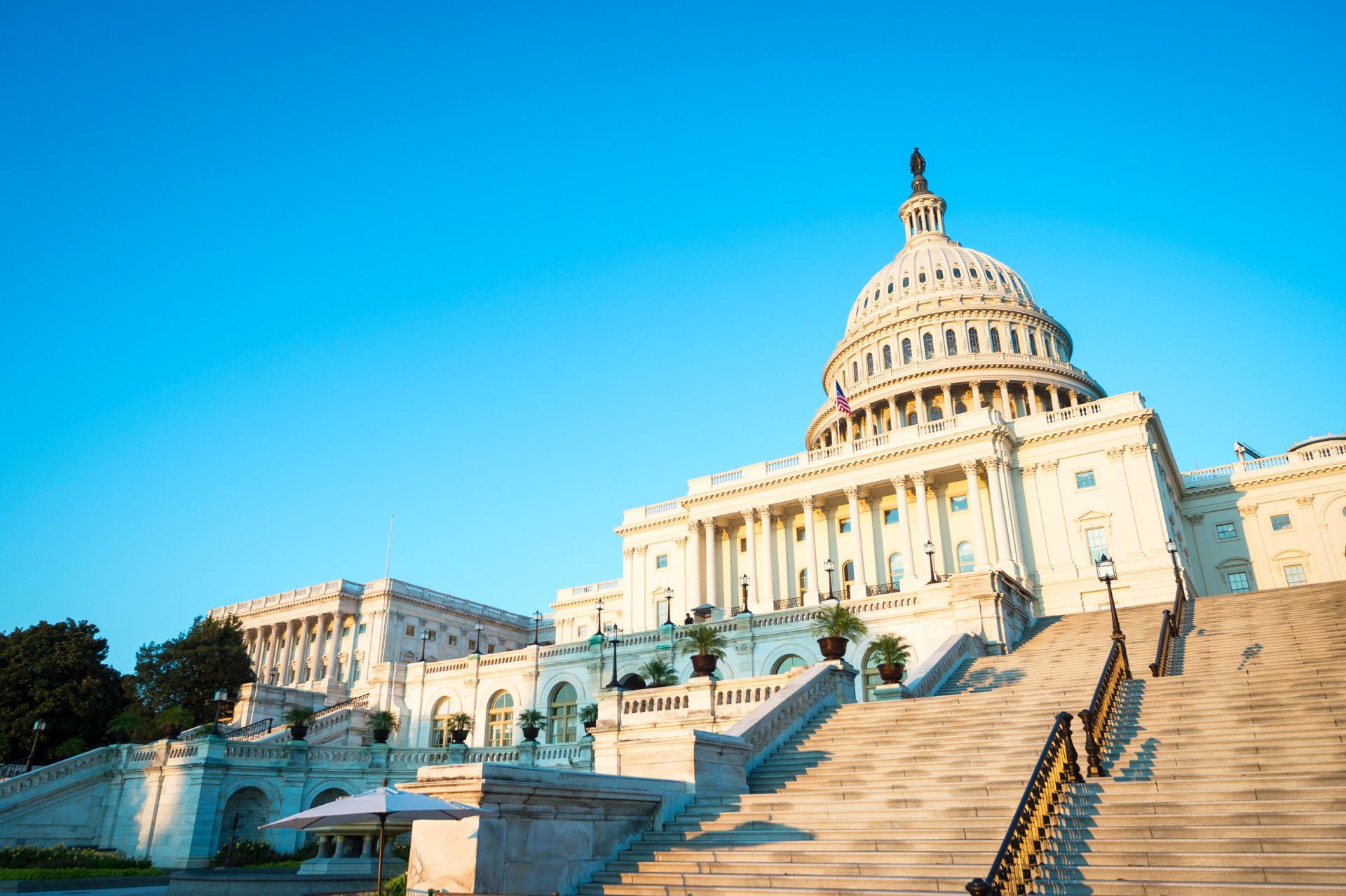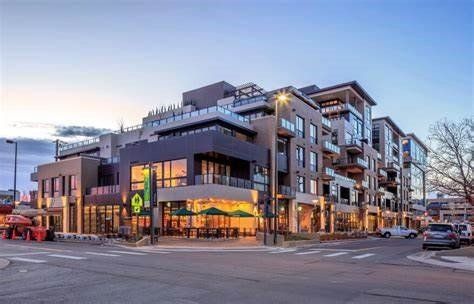
Hungry For Food Halls

Developers, patrons, and chefs are embracing the explosion of food halls across the country. When will Chicago suburbs get a seat at the table?
As recently as 2010, only a couple dozen food halls existed in the US. Cushman and Wakefield estimates that by the end of this year 180 will be in operation nationwide and that by the end of 2020 the number will increase to 300.
In Chicago, Foodlife in Water Tower Place has been a downtown staple since 1993, but Eataly’s 2013 opening marked the real kick-off for the food hall wave, followed by more recent openings of Latinicity, Chicago French Market, 3 Green, Revival, and Forum 55. Nationwide, as of April 2018, estimates show that of the 100 food halls that have opened only three have failed.
The new- generation food halls are a hybrid of the food courts which are typically found in shopping malls and public markets. Like a food court, a food hall typically has 10-20 fast-casual restaurants sharing a prep space, seating area and landlord. However, food halls offer more local vendors, higher quality food, and more communal ambience, similar to traditional public markets. While specific business arrangements vary by food hall and vendor, the landlord takes care of the common area maintenance and operations, allowing the chefs to focus on their passion—cooking.
Despite the decline of the retail goods industry, consumer spending on restaurants has increased and accounts for more spending than any other retail category. For developers and landlords, food halls make a valuable anchor tenant for attracting prospective buyers or tenants. For example, earlier this year, Google bought Manhattan’s Chelsea Market building for $2.4 billion, with the popular food hall often cited as a driving factor for its decision.
Food hall dynamics also almost inherently operate as a business incubator. It only takes one popular vendor for the spillover to benefit newer or lesser-known vendors. If a vendor must close shop, the vendor has fewer losses to account for, and the landlord can get a new vendor up and running in the stall relatively quickly.
The Suburbs Are Hungry Too
Food halls are beginning to play major roles in suburban markets as well. Though initially density concerns kept developers from considering suburban areas, many food halls have begun to appear in high foot-traffic areas such as near Class-A malls and master planned developments.
The Dallas area recently got its first food hall with newly-opened Legacy Hall, which serves as an anchor for the $3.2 billion master-planned Legacy West development in suburban Plano. Legacy Hall is situated in a walkable area of office and residential development, includes 22 vendors and a beer garden venue, and expects to see up to 30,000 visitors a week.
The Chicago suburbs have several Asian markets which are akin to the Eataly model of marketplace and dining. For instance, Mitsuwa Marketplace in Arlington Heights and H Mart in Naperville, Niles, Schaumburg, and Glenview are chain Asian marketplaces with several restaurants within. The H Mart in Niles has taken note of the US’s new urban demand for food hall-type options, as it just opened its first Chicago location in the West Loop in early 2018 after a Manhattan opening in 2013.
From Hungry To Happy
Shapiro & Associates Law helps its clients manage new and complex developments like food halls. National and local trends suggest that many Chicago suburbs hold prime conditions for a successful new food hall—perhaps a walkable downtown area of a suburb with existing foot traffic, entertainment, residents and/or offices.

CONTACT US TODAY
Contact Us
We will get back to you as soon as possible.
Please try again later.
LOCATION
570 Lake Cook Road, Unit 119
Deerfield, IL 60015
Shapiro & Associates Law | All Rights Reserved |
Created by Olive + Ash.
Managed by Olive Street Design.









